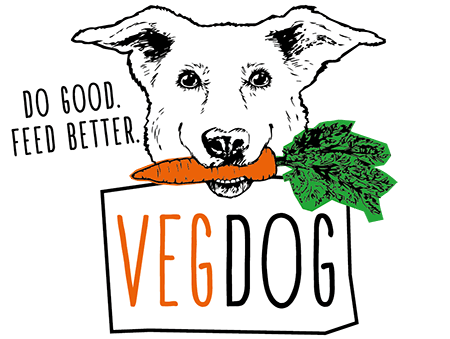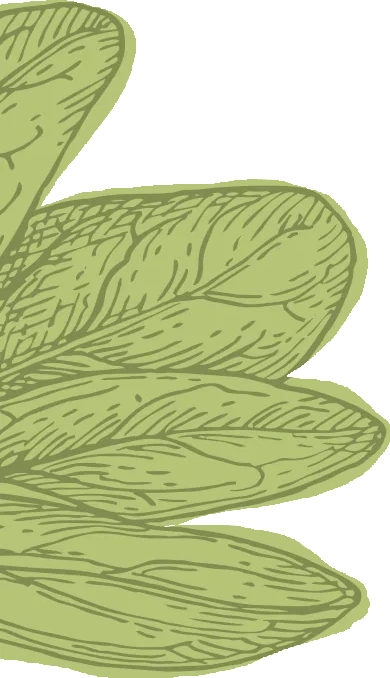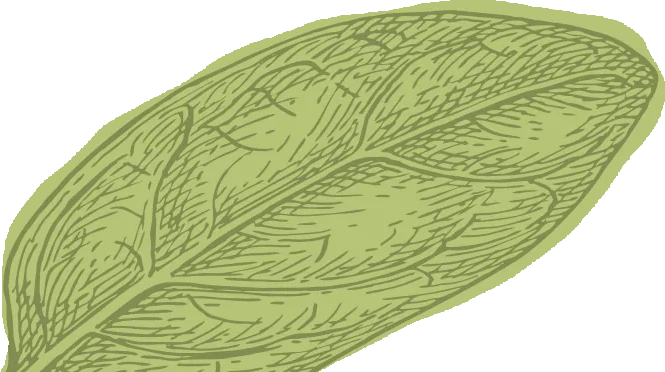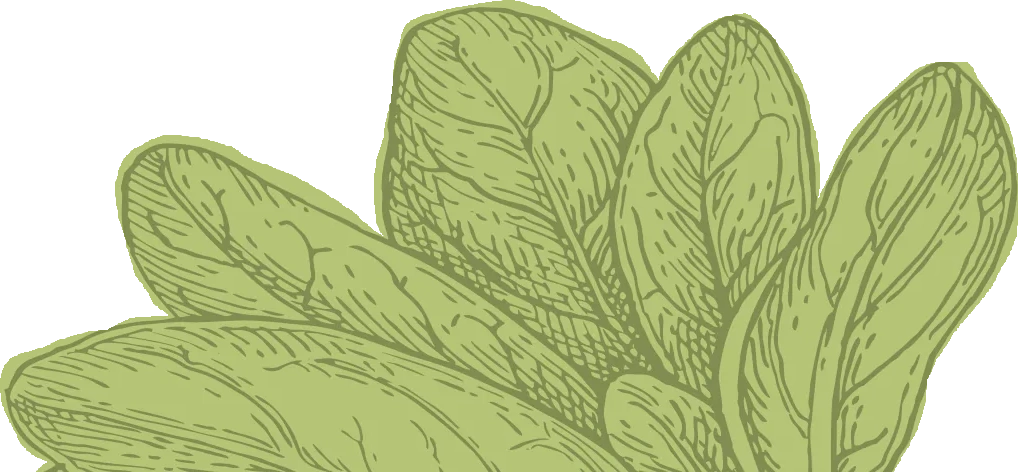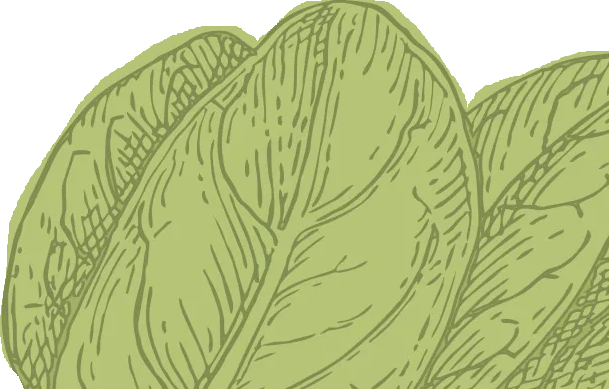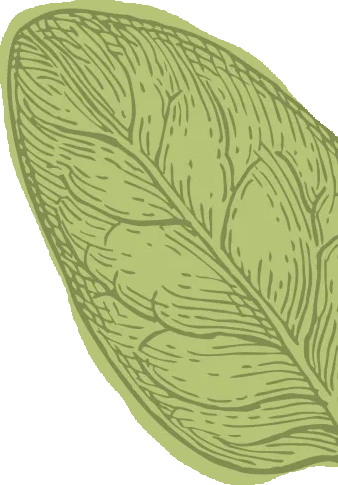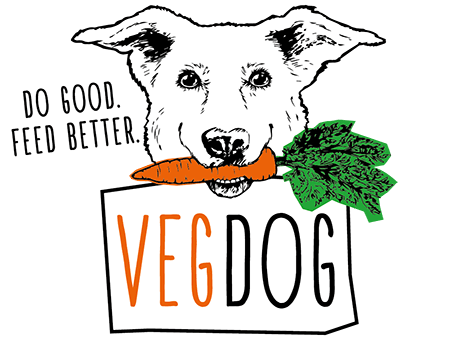Of course, the most commonly used carbohydrate sources for humans are also suitable for dogs: rice and pasta. Rice is often used for gastrointestinal problems because it is easy to digest and therefore well tolerated. The same applies to these carbohydrates: Cook them long enough so that your dog does not get diarrhea.
Other healthy carbohydrates are millet, tapioca, oatmeal and quinoa. Barley and amaranth are also good sources of carbohydrates. Just try out what your dog likes best.
Can dogs tolerate the gluten contained in grains?
Many dog owners are afraid of gluten, the sticky protein in grains. They think that dogs are sensitive to it. However, this is rarely the case. Nevertheless, there are some dogs that develop a gluten intolerance, the Irish Setter is often affected. If you still want to avoid gluten in grains, the following carbohydrates are suitable: rice, millet, corn, amaranth, quinoa, (sweet) potatoes. If you are looking for a complete food, our gluten-free dog food may be just the right thing for you and your furry friend!
This is what you should consider when feeding carbohydrates
The same applies when feeding carbohydrates: only feed small amounts of wet or dry food so that the nutrient ratio is not disrupted. If you cook yourself, we recommend having your veterinarian calculate the ration with the appropriate nutritional supplements .
We hope we have given you a good overview. In part 1 and part 2 of our series “Suitable foods for dogs” you will find further information on the subject of fruit/vegetables and oils. If you have any further questions, please do not hesitate to contact us at tierarzt@vegdog.de .
 Lisa Walther
Lisa Walther